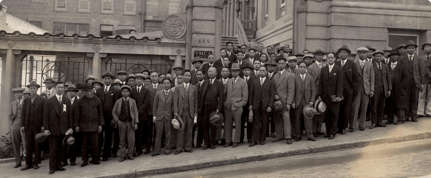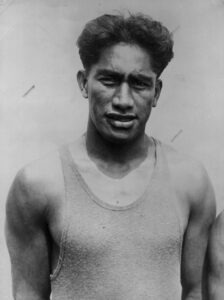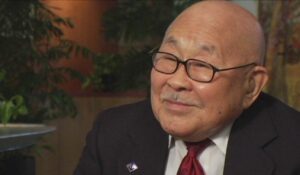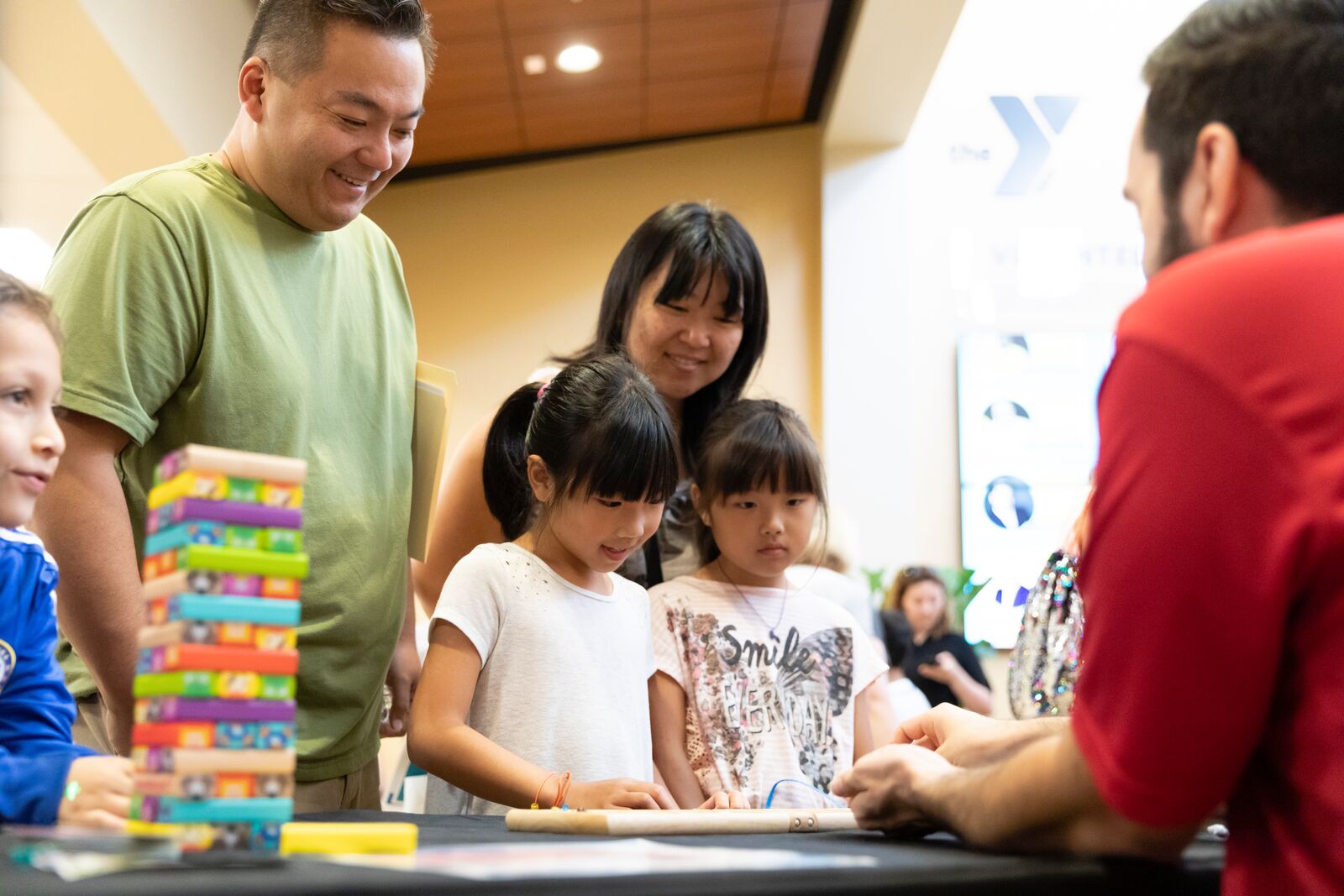May is Asian-American Pacific Islander Heritage Month, a time to celebrate and honor the contributions of Asian Americans and Pacific Islanders. It's an opportunity to recognize the rich and diverse cultural traditions, histories, and achievements of these communities. Here are some ways in which you can celebrate and educate yourself about Asian-American Pacific Islander Heritage Month.
- Learn About the History: Start by learning about the history of Asian Americans and Pacific Islanders in the United States. These communities have a long and rich history in America, dating back to the 1800s. From the Chinese railroad workers who helped build the transcontinental railroad to the Japanese-Americans who were interned during World War II, there is much to explore and learn.
- Support Local Asian-American Pacific Islander-Owned Businesses: Another way to celebrate Asian-American Pacific Islander Heritage Month is to support local businesses owned by members of these communities. This can be a great way to try new foods, experience new cultures, and support local economies.
- Attend Cultural Events: Many cities and towns host cultural events during the month of May to celebrate Asian-American Pacific Islander Heritage Month. These events may include music, dance performances, food festivals, and art exhibits. Attending these events can be a fun and educational way to learn about different cultures and traditions.
- Read Books by Asian-American Pacific Islander Authors: Reading books written by Asian-American Pacific Islander authors is a great way to learn about the experiences and perspectives of these communities. Some notable authors include Maxine Hong Kingston, Amy Tan, and Viet Thanh Nguyen.
- Watch Films and Documentaries: There are many films and documentaries that explore the experiences of Asian Americans and Pacific Islanders. Watching these films can provide insight into the struggles and triumphs of these communities.
- Educate Others: Finally, take the time to educate others about the importance of Asian-American Pacific Islander Heritage Month. Share what you have learned with friends and family, and encourage them to celebrate and learn about these communities.
Asian-American Pacific Islander Notoriety in the Y
We are celebrating the history of Asian Pacific Islanders within the YMCA by sharing moments and individuals that were instrumental in the shaping of the Y movement we all know today.

Chinatown YMCA
Did you know that the first Chinese American YMCA was founded in San Francisco in 1911? The Y held lectures on health, education, and classes in English and Mandarin, and had a machine shop! To this day, the Chinatown YMCA plays a pivotal role in the community.

Duke Kahanamoku
Duke Kahanamoku was a gold medal Olympic swimmer who trained at the Central Y, setting world records for the 400 and 500 relay races in 1916. Following his Olympic career retirement, Kahanamoku traveled giving swimming exhibitions—it was during this time that he popularized the sport of surfing in the United States, which previously had only been known in Hawaii.

Fred Hoshiyama
Born in 1914, Fred Hoshiyama worked for the YMCA full-time for 39 years—from 1941 through 1980—except for his time in a government internment camp during WWII. While in this camp, Hoshiyama created YMCA-based programs to help address the social, educational, and recreational needs of the Japanese Americans held in the camp.
Hoshiyama was also the founder and national director of YMCA’s National Youth Program Using Mini-Bikes and helped to establish the National Association of Student YMCAs in the 1970s, revitalizing the YMCA student movement. Today, a scholarship in his name provides professional development for Y staff of Asian Pacific Islander heritage.
In conclusion, Asian-American Pacific Islander Heritage Month is a time to celebrate and honor the contributions of these communities to American society. By learning about their history, supporting local businesses, attending cultural events, reading books, watching films, and educating others, we can all do our part to celebrate and honor the rich and diverse cultures and traditions of Asian Americans and Pacific Islanders.
